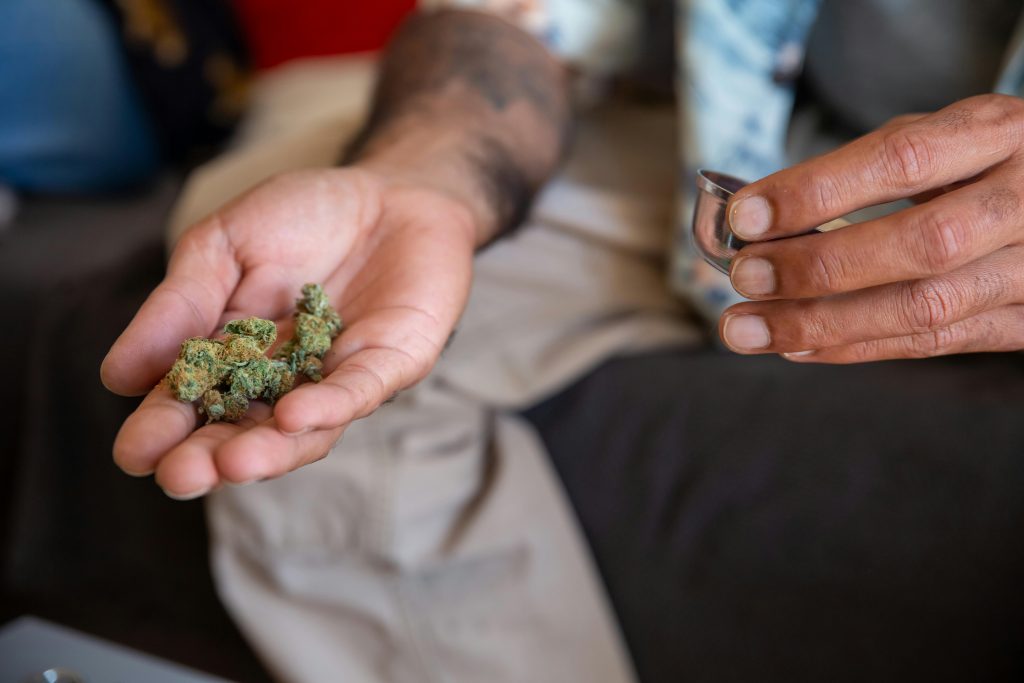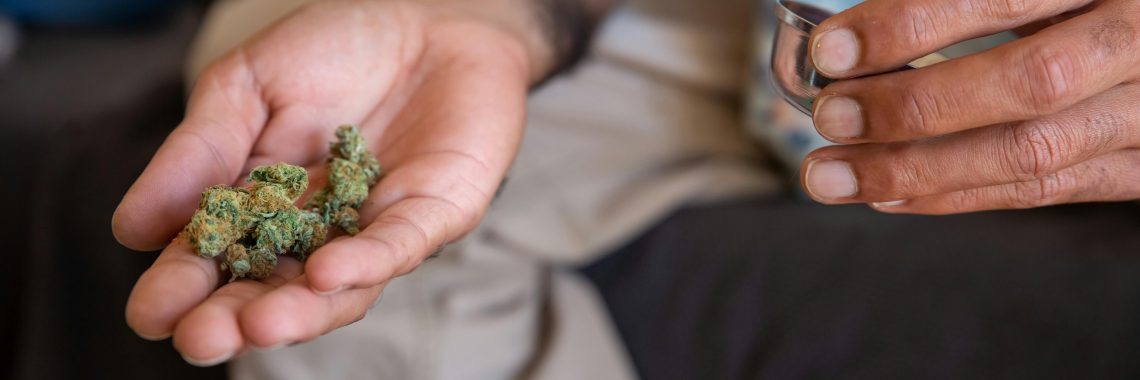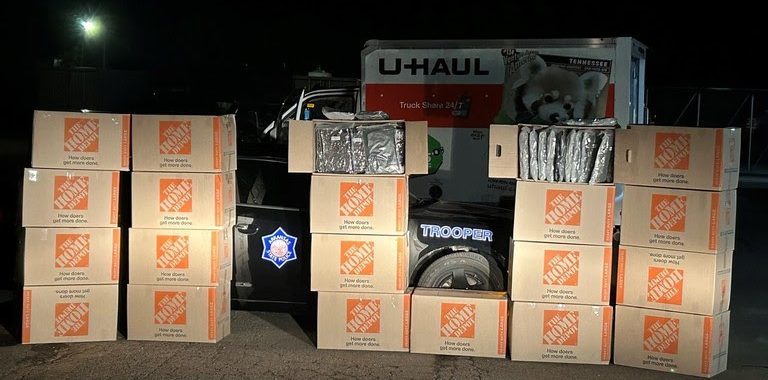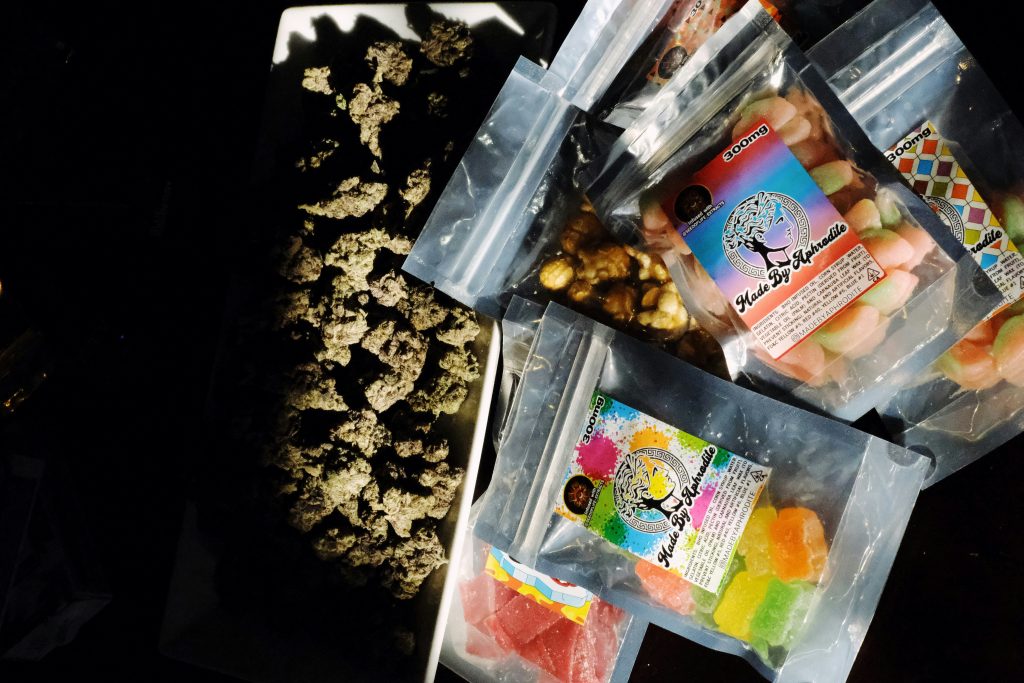DOJ Claims Marijuana Safer Than It Is: Guest Column

Recently, the U.S. Department of Justice (DOJ) announced its plans to reclassify marijuana as a drug akin to prescription painkillers.
The proposed regulations would not decriminalize marijuana, but it is a push in that direction and would make accessing the drug easier across the country. This move to reclassify marijuana is the next dangerous step in a decades-long campaign to market it as safe and non-addictive.
Pot’s effects on health and sanity may not be as obvious as with harder drugs like ecstasy or meth, but that doesn’t mean it’s safe. Research has found marijuana use closely linked with increased risk for depression and bipolar disorder. It is also a leading indicator of workplace accidents and has led to higher rates of schizophrenia in young men.
It’s also worth noting that those who stand to gain the most from this reclassification are not patients, but corporations already profiting from the multi-million-dollar marijuana industry.
Ultimately, reclassifying marijuana will only lead to more harm, not health.
Copyright 2024 by the Colson Center for Christian Worldview. Reprinted from BreakPoint.org with permission.





